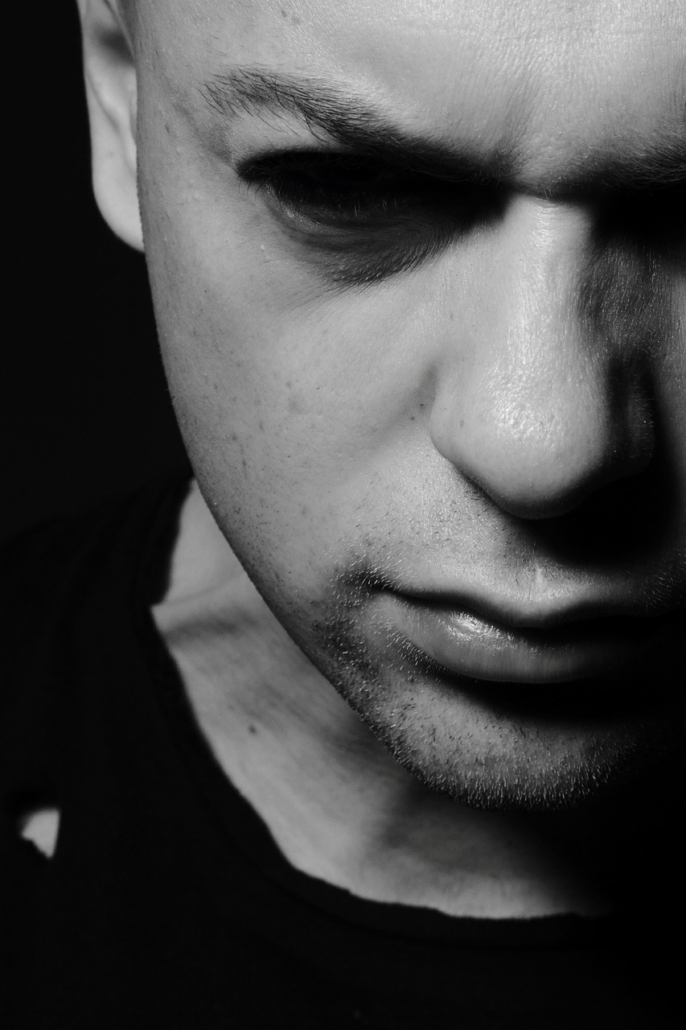How to Help a Relationship Survive When One of the People in the Relationship is Fighting Substance Abuse
There are some ways to help a relationship survive even when one of the people in the relationship is battling substance abuse. Whether the addiction is to alcohol or drugs, there are a few things you can do to keep the relationship healthy and happy. If both people in the relationship are struggling with substance abuse, they may want to consider indiviual treatment or a couples rehab to get sober.
Covering up for a spouse’s addiction helps a relationship survive
Many spouses have a difficult time dealing with a spouse with a substance addiction. They often feel things will never get better. However, there are things you can do to help your partner get the treatment they need.
A good first step is to learn about the disease, its symptoms and treatments. This will help you understand what your partner is going through, and may also make you less afraid to ask for help.
Addiction can be tough on a relationship, as it changes the way you interact with each other. Depending on the substance abused, the effects can be physical and emotional. Sometimes, drug abuse can even result in a spouse leaving their job early.
In the end, if you truly want to help your partner, you should seek professional help. Whether you have a family member, friend or colleague with a substance addiction, you need to do what you can to help.
For starters, you should consider attending a support group. These types of groups can provide a safe and supportive environment for you and your loved one to discuss the problem and find tools to help you cope with the ongoing struggle.
You should also take the time to do your own research. Find out what types of treatment are available in your local area. Also, take the time to understand the science behind the substance. The more you know, the better prepared you’ll be to offer the best possible support.
When it comes to the best way to support a partner with a substance abuse problem, you have to be patient. While the process might be frustrating at first, it can be rewarding in the long run.
If you’re not sure what to do, you can always contact a couples therapist. They can assist you in identifying the best treatment options for your unique situation.
It’s also wise to set boundaries with your partner. This can be especially helpful if your spouse is addicted to a substance you don’t approve of. There are also a number of books, websites and other resources you can check out to learn more about the subject.
Staying in contact
During a drug or alcohol rehab stint, you may want to make time for your loved ones. Addiction is a powerful force that can disrupt your brain chemistry. It can cause physical danger as well as psychological stress. However, with a little effort and the right kind of support, you can rekindle your relationship and get your life back on track.
The best way to do this is to schedule a time for you and your loved one each week. Not only will this help to alleviate some of the stress, but it can also help to keep the lines of communication open. This is especially helpful if the two of you share a similar stance on how to approach the situation.
It’s no secret that substance abuse has a negative impact on family relationships. Often, the person with the problem is a child, a spouse or a parent. Even your colleagues may be affected.
You may find it difficult to keep up with the person in rehab, but there are ways to minimize the impact. Luckily, you can enlist the aid of a professional if you choose. Your goal is to build trust by using the correct protocol. Taking the time to listen to your partner’s concerns and recognizing their feelings can go a long way.
You can even take it a step further by attending a group therapy session. The more informed you are, the better off you’ll be. One of the best things about these kinds of sessions is that they are open to the public. That means you are not alone and your peers will be able to offer advice and encouragement.
A solid plan and a bit of gumption will go a long way to restoring the bonds of kin. Thankfully, there are many programs out there that can get you and your loved ones back on track. With the right tools and the courage to speak up, you and your partner will be back in each other’s arms in no time. Just don’t forget to give your spouse a shoutout every now and then for the effort they have put into helping you.
Preventing a relapse
When you or someone you love is suffering from substance abuse, you need to understand the basics of relapse prevention. It is essential to avoid the situations that lead to relapse, and to take a detailed relapse prevention plan into consideration.
There are many factors that can trigger a relapse. Some of the most common include a lack of social support, and a negative emotional state. A relapse can also be triggered by a change in environment.
Relapse prevention begins with a thorough assessment of your life. You need to identify people and places that are conducive to using, as well as triggers and circumstances that lead you to use.
In addition, you need to build a strong network of support and eliminate any connections with people who have used drugs in the past. You also need to practice new coping skills and strategies.
One of the most effective ways to prevent a relapse is to get sufficient rest. This is essential for your recovery, and also for your mental health. Also, you should try to minimize stress, which is an important factor in relapse.
Another way to prevent relapse is to have a schedule. You should try to limit your time spent on activities that lead you to use. You should also try to eat a healthy diet.
You should always seek help when you feel like you are about to relapse. Your friends, family, and professional counselors can all help you with this.
Relapse prevention is often a long and challenging process. In the beginning, you may withdraw from support meetings, and you may also begin to revert to old patterns of behavior.
To avoid relapse, you should make an effort to develop new interests and a positive social support network. This includes building friendship groups that are not related to drug or alcohol use. If you can, seek input from other people, and be sure to schedule regular opportunities for fun.
Addiction is a complex illness, and a recovery plan is essential for ensuring your success. Keeping a list of coping skills and people to call for help is a good idea.
Divorce may be the better option for couples struggling with substance abuse
If you are in a relationship where the other person is addicted to drugs or alcohol, it may be a good idea to consider divorce. Not only can it be a stressful experience for you and your children, but it can also be difficult for other family members who have to live with the consequences of your spouse’s actions.
Substance abuse is one of the most common reasons for couples to divorce. Men are eight times more likely than women to have a relationship end because of addiction, and the number is even higher for married couples.
While there are many ways to recover from addiction, a marriage to an addict can be a difficult experience. Even though you love your partner, it can be difficult to reconcile the damage caused by their drug use. There are steps you can take to keep your marriage going, but a divorce may be the best option for you.
If you are in a relationship where your partner is addicted to drugs or alcohol, it is important to seek help. You can find support groups in your area and on the Internet. Also, it is a good idea to get educated about your partner’s behavior. Knowing what signs to look for and how to avoid the signs will be crucial.
Divorce is not an easy decision to make, but it can be a necessary one for some couples. Many studies show a clear correlation between substance abuse and divorce.
If your partner is addicted to drugs or alcohol, they may not be able to hold down a job. They may also have inconsistent work histories. In addition, they might not report their income. This can create a financial hardship for you and your family.
As long as you keep your finances secure, your marriage can stay intact. However, if your abuser has an addictive personality, they may require you to provide spousal support. Or, they may require emergency child custody orders.
For some, the prospect of a separation may be a motivating factor to get treatment. Once sober, you can consider co-parenting. Splitting parental rights and taking turns raising your children can be a good way to manage the effects of your partner’s addiction.














